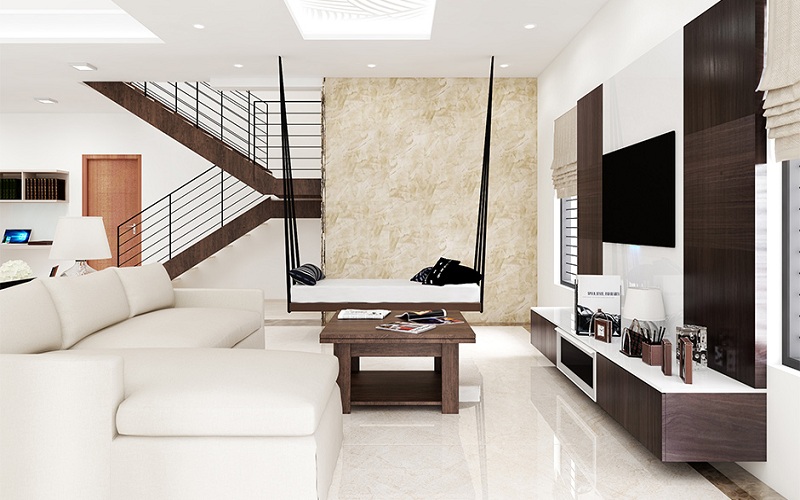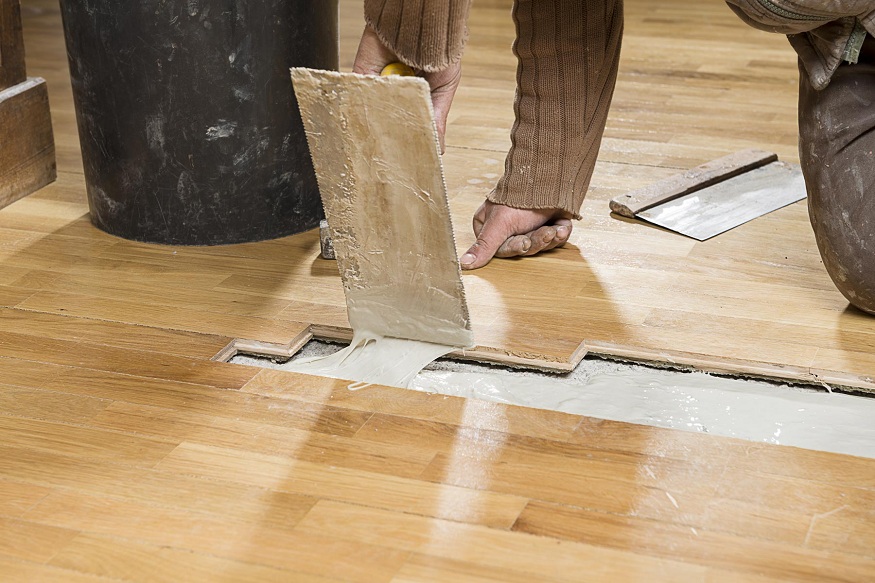Porcelain tile has become an increasingly popular choice for homeowners and designers alike, thanks to its versatility, durability, and aesthetic appeal. Whether you’re renovating a kitchen, bathroom, or even a living area, porcelain tile can provide a stylish and practical solution. In this guide, we’ll explore the many benefits of porcelain tile, its various applications, and tips for choosing the right tile for your project.
What is Porcelain Tile?
Porcelain tile is a type of ceramic tile that is made from a finer, denser clay and fired at higher temperatures compared to standard ceramic tiles. This process makes porcelain tile exceptionally hard and resistant to moisture, stains, and wear, making it an ideal choice for both residential and commercial applications.
Benefits of Porcelain Tile
1. Durability
One of the standout features of porcelain tile is its durability. Its dense composition makes it resistant to chipping, scratching, and cracking, which is especially beneficial in high-traffic areas such as kitchens and hallways. Additionally, porcelain tile is frost-resistant, making it suitable for outdoor use in various climates.
2. Low Maintenance
Porcelain tile is remarkably easy to maintain. It is resistant to stains and water, meaning it does not require sealing like some natural stone tiles. Regular sweeping and mopping with a mild detergent are usually sufficient to keep porcelain tile looking new.
3. Aesthetic Versatility
Available in a wide range of colors, patterns, and finishes, porcelain tile can mimic the appearance of natural stone, wood, or even concrete, offering endless design possibilities. Whether you prefer a sleek, modern look or a more traditional style, there is a porcelain tile to match your vision.
4. Eco-Friendly
Porcelain tile is an eco-friendly flooring option. It is made from natural materials and does not emit volatile organic compounds (VOCs), contributing to better indoor air quality. Additionally, many manufacturers offer recycled-content tiles, further reducing the environmental impact.
Applications of Porcelain Tile
1. Flooring
Porcelain tile is an excellent choice for flooring in any room of the house. Its durability makes it ideal for high-traffic areas, while its water resistance makes it a smart option for kitchens, bathrooms, and laundry rooms. Heated porcelain floors can also provide comfort during colder months.
2. Walls
Porcelain tile can be used on walls to create striking backsplashes, shower surrounds, or accent walls. Its resistance to moisture and mold makes it particularly suitable for bathrooms and kitchens.
3. Outdoor Spaces
Thanks to its frost resistance and durability, porcelain tile is perfect for outdoor applications such as patios, walkways, and pool surrounds. It can withstand harsh weather conditions without losing its aesthetic appeal.
4. Countertops
Porcelain tile is also becoming popular for countertops due to its hardness and resistance to scratches and heat. It offers a sleek, modern alternative to traditional materials like granite and marble.
Choosing the Right Porcelain Tile
When selecting porcelain tile for your project, consider the following factors:
1. Grade
Porcelain tiles are graded based on their quality and suitability for different applications. Grade 1 tiles are the highest quality and best suited for walls and light traffic areas, while Grade 3 tiles are durable enough for most residential flooring applications.
2. Finish
Porcelain tiles come in various finishes, including matte, polished, and textured. Choose a finish that suits the intended use and aesthetic of the space. For example, a matte finish may be better for flooring to reduce slipperiness, while a polished finish can add a luxurious touch to walls or countertops.
3. Size and Shape
Porcelain tiles are available in a range of sizes and shapes, from traditional squares to large-format tiles and even planks that mimic hardwood flooring. Consider the scale of your space and the desired visual effect when selecting tile sizes.
4. Color and Pattern
Take advantage of the wide variety of colors and patterns available in porcelain tile. Whether you want a neutral palette or a bold statement, there is a porcelain tile to match your style. Mixing and matching different tiles can also create unique and personalized designs.
Installation and Care
1. Professional Installation
While it is possible to install porcelain tile yourself, professional installation is recommended to ensure a flawless finish, especially for large or complex projects. A professional installer will have the tools and expertise to handle the challenges of working with porcelain tile.
2. Maintenance Tips
To keep your porcelain tile looking its best, follow these simple maintenance tips:
- Sweep or vacuum regularly to remove dirt and debris.
- Mop with a mild detergent and warm water as needed.
- Avoid using harsh chemicals or abrasive cleaning tools that could damage the tile.
- Clean up spills promptly to prevent staining.
Conclusion
Porcelain tile is a versatile, durable, and aesthetically pleasing option for various applications in modern homes. Its numerous benefits, from low maintenance to eco-friendliness, make it a smart choice for flooring, walls, countertops, and outdoor spaces. By considering factors like grade, finish, size, and color, you can select the perfect porcelain tile to enhance your home’s design and functionality



